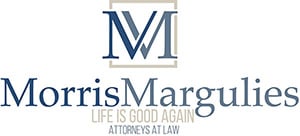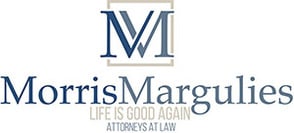There are many things to worry about when you’re in debt: your credit score, your monthly payments, and whether or not you’ll be able to keep your home. One thing that may occur to you is that creditors could seize your retirement savings in Maryland. But, there are factors at play.
Qualified retirement accounts
Qualified retirement accounts are protected from creditors in Maryland. This includes 401(k)s, 403(b)s, profit-sharing plans, IRAs, and pension plans. The money in these accounts cannot be touched by creditors, even if you declare bankruptcy.
However, there are a few exceptions to this rule. If you have recently withdrawn money from your retirement account or taken out a loan against it, those funds may be subject to seizure. Additionally, if you have used your retirement savings to pay for non-dischargeable debts (such as taxes or child support), those funds may also be at risk.
Non-qualified retirement accounts
Non-qualified retirement accounts, such as annuities and life insurance policies, are not protected from creditors in Maryland. Hence, if you have money in these accounts, creditors could seize it if you declare bankruptcy.
How to protect your retirement savings
First, you can protect your retirement savings by ensuring that your accounts are properly titled. For example, if you have an IRA, it should be titled in the following format: “John Doe’s IRA FBO John Doe.” This designation will make it clear that the account is for your benefit only and cannot be touched by creditors.
Second, keep good records of all contributions you have made to your retirement accounts. This will help you prove that the money in the account is yours and cannot be seized by creditors.
Lastly, consider using a trust to protect your retirement savings. A trust can be used to hold assets for the benefit of another person (such as your spouse or children) and can provide additional protection from creditors.
Filing for bankruptcy can be a good option to get out of debt. However, being aware of the risks it carries can help you avoid costly mistakes.

